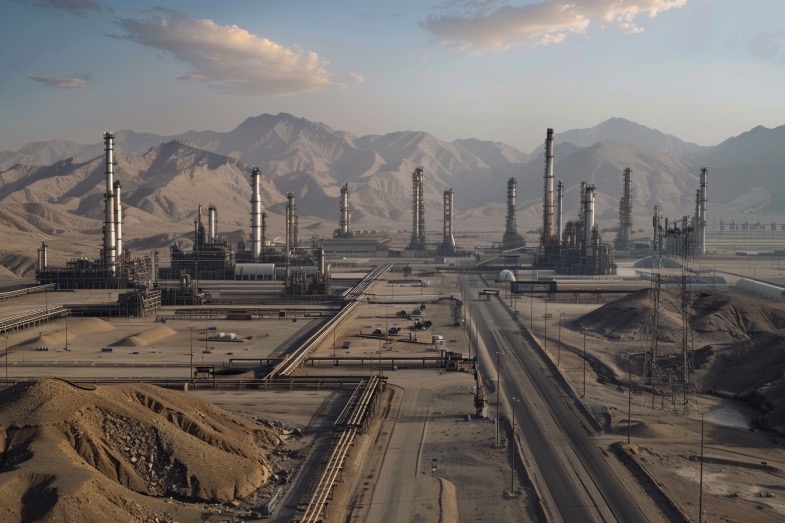BUDAPEST BLOCKED: Ukraine’s Oil Pipeline Attacks Cause Chaos in Central Europe
In a dramatic turn of events, Ukrainian assaults on the Druzhba oil pipeline have halted oil imports into Hungary and Slovakia, sparking a heated exchange of accusations between Kyiv, Budapest, and Bratislava.
Ukraine launched attacks on oil facilities located on Russian soil using drones and rockets. The Druzhba pipeline serves as a crucial route for Russian oil to reach Central Europe, where both Hungary and Slovakia heavily rely on imports.
Over the weekend, Ukraine’s president hinted at a possible link between the pipeline attacks and Hungary’s veto on Ukraine’s EU accession.
“We have always advocated for a strong friendship between Ukraine and Hungary. However, the future of this friendship now hangs in the balance based on Hungary’s stance,” Zelenskyy remarked, suggesting that the attacks on the Druzhba pipeline could be a means to pressure Viktor Orbán to reconsider his veto on Ukraine’s accession negotiations.
The use of the word “friendship” which corresponds to the name of the pipeline was interpreted by Hungary as a direct threat to its Russian oil supply. In response, Hungary’s Foreign Minister Péter Szijjártó condemned the Ukrainian President’s remarks as intimidation and labeled the pipeline bombings as an infringement on Hungary’s sovereignty.
Conversely, Ukraine’s Foreign Minister, Andriy Sybiha, dismissed Szijjártó’s statements in a fiery tweet, asserting Ukraine’s independence and urging Hungary to diversify its energy sources away from Russia.
The tensions escalated further as Tamás Deutsch, representing Hungary’s ruling Fidesz party in the European Parliament, characterized the pipeline attacks as a military assault on an EU member state, calling for a halt to Ukraine’s EU membership talks.
Meanwhile, Slovakia’s Foreign Minister Juraj Blanár defended the country’s reliance on Russian oil imports as a matter of national interest, warning that Ukraine’s actions could disrupt fuel supplies to Kyiv, considering that a significant portion of Ukraine’s diesel supply passes through Slovakia.
Both Hungary and Slovakia jointly appealed to the EU to address the issue, emphasizing the critical importance of energy security in the region. However, the European Commission assured that there are sufficient reserves to sustain energy supply for 90 days, alleviating concerns of an immediate crisis.
Despite the EU’s approval of sanctions to reduce pipeline oil imports from Russia by 2022, Hungary and Slovakia were granted exemptions, allowing them to continue substantial imports. Looking ahead, the Commission has proposed a complete phase-out of all Russian fossil fuels by 2027 for all member states. — Euronews



